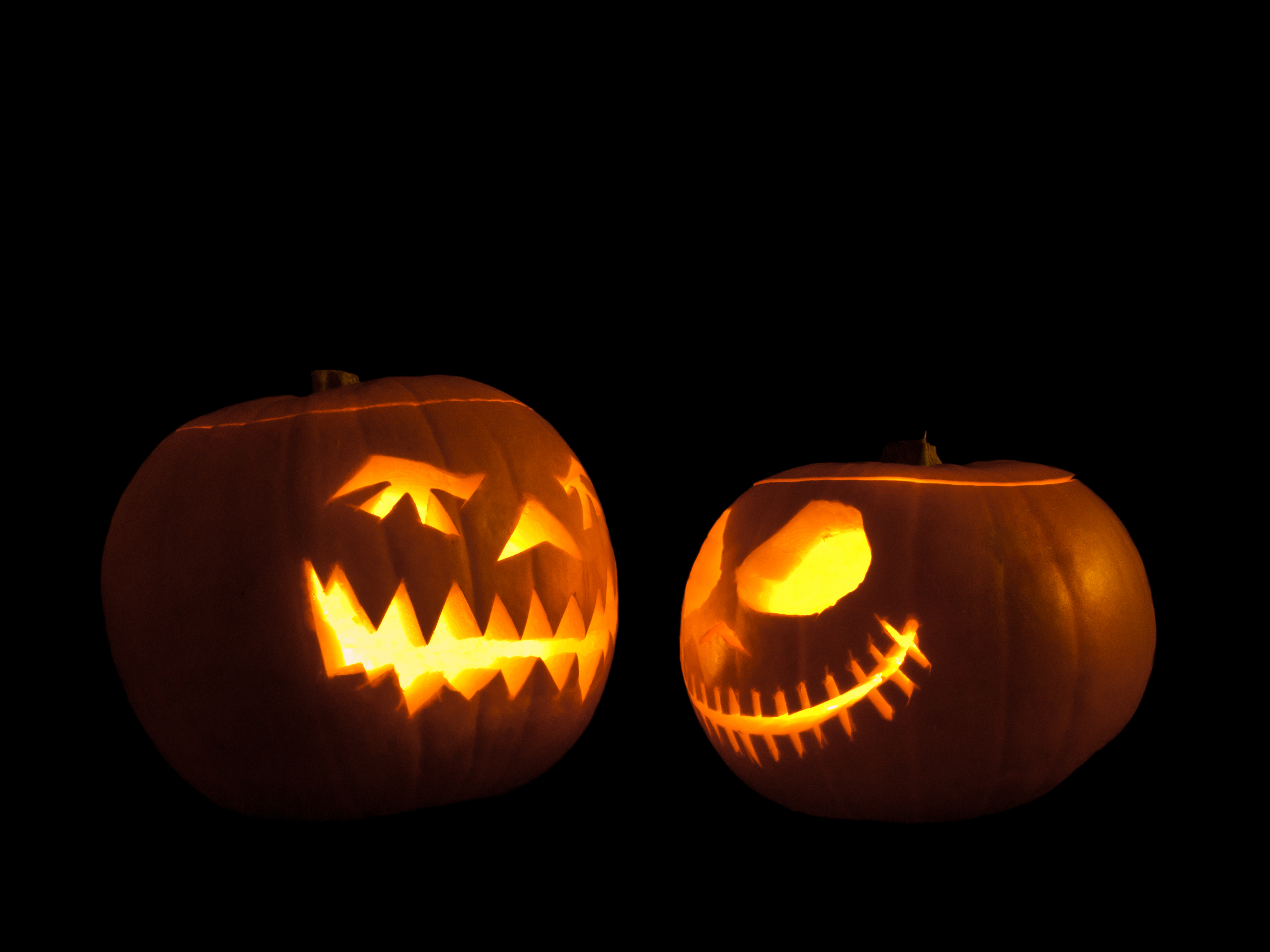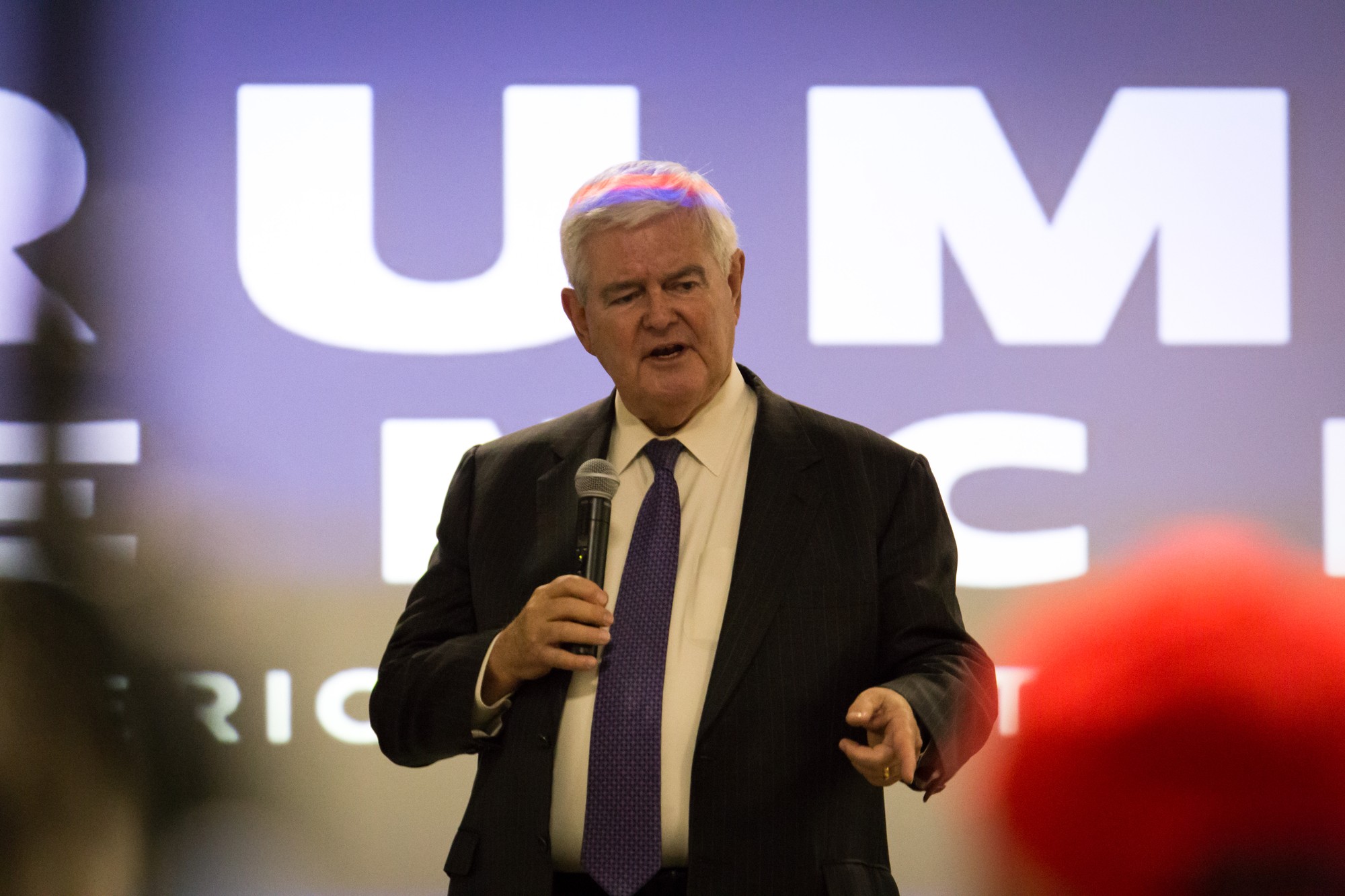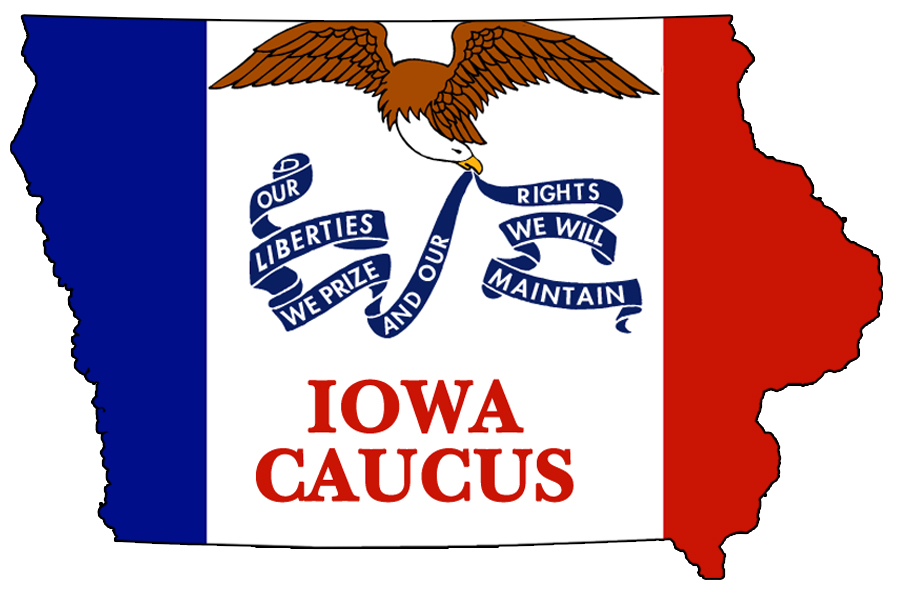By Kaitlyn Lewis, Opinion Editor
Some Christians refuse to celebrate Halloween because of its pagan influences; but if that’s the case, they should also abstain from Christmas and Easter for the same reason. The fact is, almost every major holiday has been influenced by more than one religion, and you can probably trace its roots back to strange, ancient rituals.
I come from a deeply religious family, and I have never celebrated Halloween in the way most people do. Even my friends from church went trick-or-treating, but that was never encouraged in my house.
I believe my parents had good intentions and convictions, so I never thought they were being too overprotective. We still celebrated Christmas and Easter, even though the traditions of these holidays are not entirely Christian.
For example, upper class Romans used to celebrate the birthday of their god, Mirthra on Dec. 25, according to history.com The Easter egg and the Easter bunny, which really have nothing to do with the resurrection of Jesus, obviously came from pagan practices as well.
My parents were aware of that Halloween was not the only celebration influenced by paganism, but they still kept my siblings and I from going to haunted houses or trick- or-treating.
I believe their reasoning for singling out Halloween from the other major holidays was because of its blatant glorification of witchcraft. A day that makes light of ghosts, demons and witches is not consistent with what my parents were trying to teach me from the Bible.
My father had two main reasons for not allowing us to participate in Halloween: “Its origins don’t honor God’s commands for our lives, [and] it is generally a day where the demonic is esteemed.”
“It seems harmless to dress up as something fun and knock on doors for candy,” my father said. “But, for many kids and adults, the other types of activities can be an entry for the demonic into our lives.”
“What seems innocuous to kids when they’re young, like trick-or-treating,” he added, “gets them used to the idea of participating in the more spiritually dangerous activities as they get older.”
My father explained that he simply did not see the benefit of participating in Halloween’s activities that may only fill us with fear. Instead of trick-or-treating, we participated in “truck and treat” activities at our church and handed out candy tracks that I wrote to the kids in our neighborhood.
Somehow, I still came home with my own bag of candy every Halloween, but I never dressed up to go trick-or-treating in my neighborhood. Some might say I missed out on part of my childhood, but I do not regret that my parents enforced their strong convictions in our household.
Not all Christians believe the same way my parents do, because everyone is burdened with their own convictions. There is no clear line between dressing up for fun and freaking yourself out so much that you’re afraid to walk into your closet. In general, holiday practices are harmless, and evil witches, ghosts and black magic are not confined to Halloween activities. The same themes can be found in our TV shows, video games, movies and books. Whether or not you enjoy haunted houses and horror films, it is still important to take caution and consider the reasons behind your practices.



